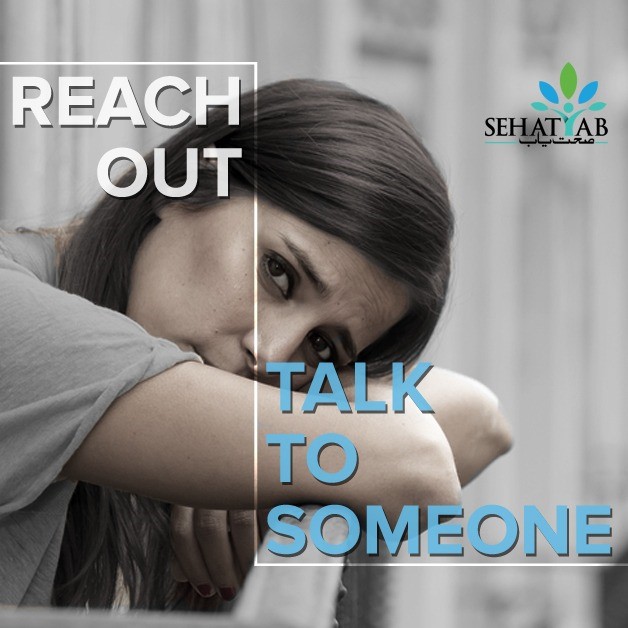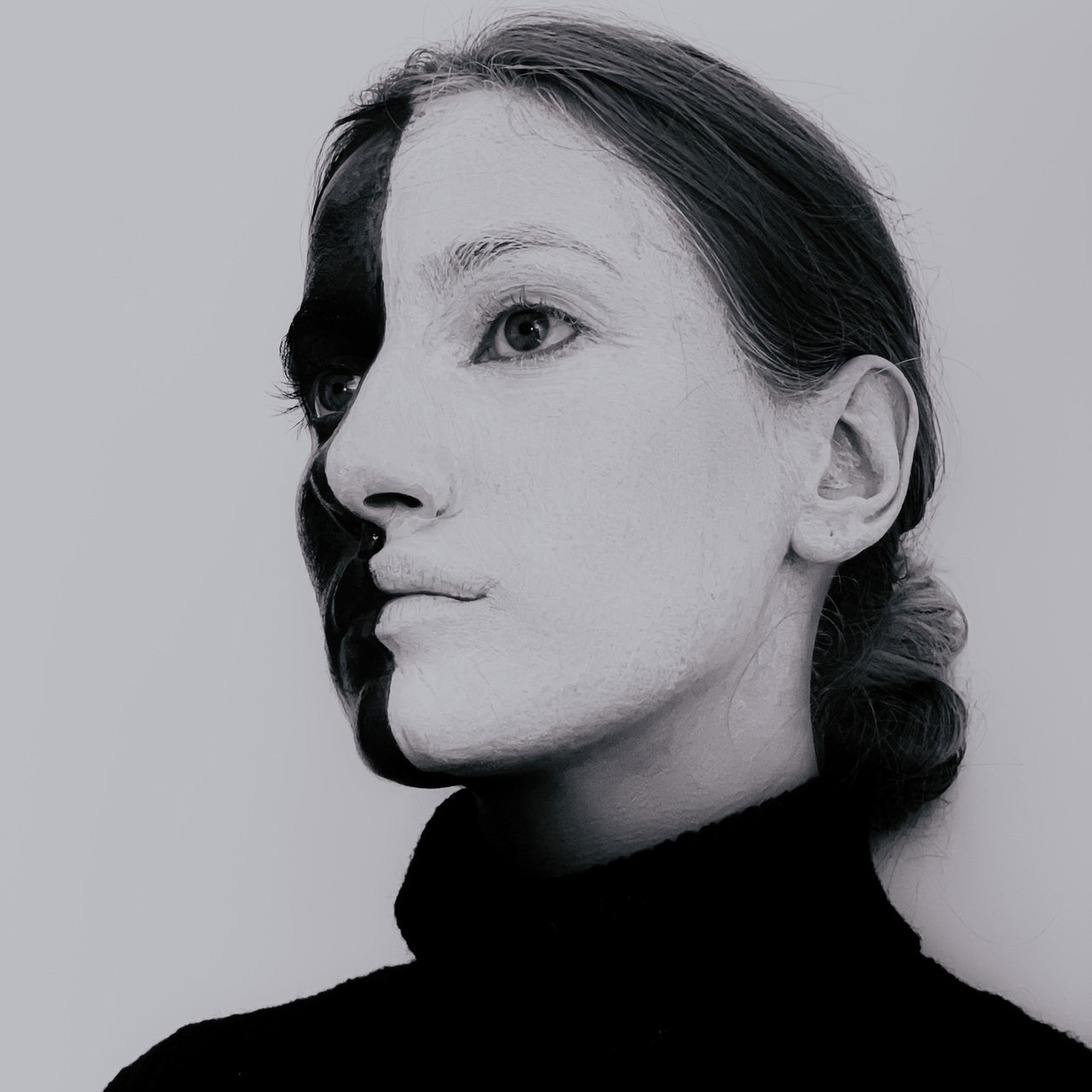More than 220 million people live in Pakistan. About 500 of those people, however, are psychiatrists. The numbers are even more striking when considering Pakistan’s rural areas, where there is only about one psychiatrist for every one million people. Stigma and other societal constraints also contribute toward Pakistanis not getting the mental health care they need, resulting in an almost 90% treatment gap.

According to one estimate, around 55million (25%) people in Pakistan suffer from mental disorders of some sort. A range of such disorders have been reported, such as depression, substance and alcohol misuse, schizophrenia, bipolar disorder, and post-traumatic stress disorder. According to one estimate, about 35 percent of Pakistanis suffer from anxiety and depression, which is often caused by strained family and friend relations, the feeling of not fitting in the society, the unstable economic and political conditions of the country giving rise to unemployment and poverty.
While it is socially acceptable to seek help from a health professional for physical disorders, seeking help for psychological disorders is problematic in Pakistan. Mental illness is often associated with supernatural forces such as witchcraft, possession, and black magic. Families often hide mental illness to prevent the patient from adverse stereotyping.
With nearly one-third of Pakistani population suffering from some form of mental disorder, and depression being considered to responsible for 90 per cent of suicide cases, complacency in this regard could spell disaster for the public health system.
The psychological health care system is woefully deficient in Pakistan, and the way it is mainly managed explains why accessing psychological help is a taboo subject.
Seven decades after independence, the health care system is still not adequate. Whereas the median number of mental health beds per 100,000 population is above 50 in high-income countries, this figure is around 1.7 for Pakistan.
SehtYab is an online clinic established in 2016 to bridge the treatment gap in mental health through easy and affordable online consultations using video / audio and text on an individual and (very soon) on group therapy basis.
Customer Services: 0300-1003171 (9AM to 9PM, excluding Sunday)
